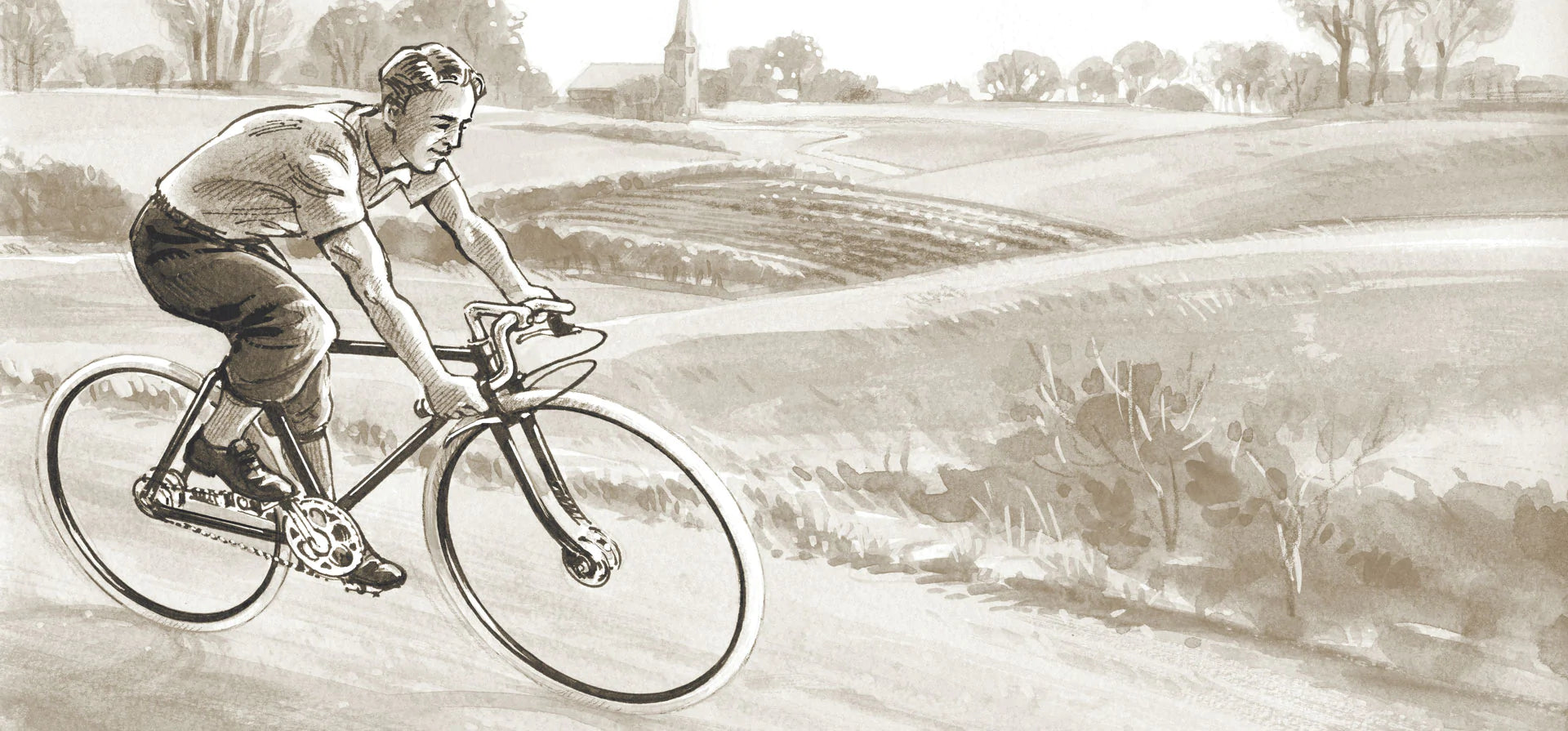Check List
Before your first ride, you must check the following items:
- Ensure the bicycle is correctly assembled (your supplying dealer should have done this for you). Check that the handlebars, wheels, pedals and saddle are secure.
- If you have not already done so, adjust the handlebar and saddle height to suit.
- Check that you know how the gears and brakes operate.
- Check that your tyres are inflated correctly. Use a pressure gauge to check tyre pressures (the recommended pressure is written on the sidewall of the tyre.
Before every ride, it is essential that you carry out the following safety checks:
- Check tyre pressure and condition of carcass (bulges, splits etc.)
- Check gear adjustment and brake operation.
- Steering security - check that the handlebar stem bolts are tight by holding the front wheel between your feet and attempting to turn the handlebars.
- Check wheel security, particularly the front wheel. Lift the front of bike and strike the top of the wheel smartly with your hand to check security.
- Problems with the cycle observed during the safety check, or whilst riding, should be rectified immediately. Failure to do so may cause further damage and possible injury.
Care & Maintenance:
Whilst your Pashley Classic Bicycle is designed to reduce servicing requirements to a minimum, regular maintenance and simple care are essential to keep your bicycle running smoothly./p>
Cleaning:
A clean bicycle not only looks smart, it also tends to be more reliable as any maintenance issues are much easier to spot. Clean your bicycle using a car shampoo (do not use domestic washing-up liquids as they contain salts) and a soft brush or sponge.
Take care to keep the leather saddle and/or leather handlebar grips dry and treat every so often with a leather-care product (e.g saddle soap or proofhide) - please see the following video from Brooks for advice on caring for your saddle: Saddle Care Video.
Don’t forget to clean the wheels and tyres - not only will you spot any glass or grit embedded in the tyre, and should a puncture occur, repairing a clean wheel is less of a chore than a grimy one. If you live by the coast, or ride on salted roads in winter, you must clean your bicycle frequently to prevent corrosion.
Lubrication:
- Very few parts of your Pashley Classic Bicycle require lubrication.
- If your bicycle has a fully enclosed chaincase, apply a drop of oil to each link.
- If your bicycle has an exposed chain, a lubricant spray such as GT85 or TF2, regularly applied (especially after wet weather) will work well. Oil is fine but will attract dirt.
- A drop of oil on brake lever pivots, gear shifting chains and three speed shifters (NOT five speed shifters) will help to keep them working smoothly.
- If cables are stiff to operate, lubricate with WD40, GT85, TF2 or similar.
- Hubs, pedals and bottom bracket units are sealed for life. Rear hubs (3 and 5 speed) may benefit from grease replacement (see your dealer) every five to ten years.
Component life:
There are too many variables involved to accurately predict average component life. The best way to stay safe is to regularly maintain your bicycle (or have it serviced professionally) and to listen to your bike as you ride - any creak or squeak should be traced as soon as possible and fixed. If you ride many miles you will naturally become more in tune with your bicycle and will be able to identify any unusual noises as soon as they occur. High mileage riders will wear out chains, sprockets, bearings etc. at a greater rate than average. No bicycle components last forever - listen to your bike and replace before they wear out completely. If in doubt, get an expert opinion from your local dealer.
Consequential Wear:
It is important to look after your bicycle and have any required repairs done as soon as possible. What may start off as a minor clicking noise may lead to a broken spoke, which in turn may lead to further broken spokes and a collapsed wheel - possibly causing accident and injury. A worn chain will lead to premature wear on both sprockets and chainrings. Running tyres at low pressures will lead to sidewall failures. A loose crank will quickly damage its taper and will need to be replaced.
Timely attention will save you trouble and expense, as well as keeping your bicycle safe to ride.

















